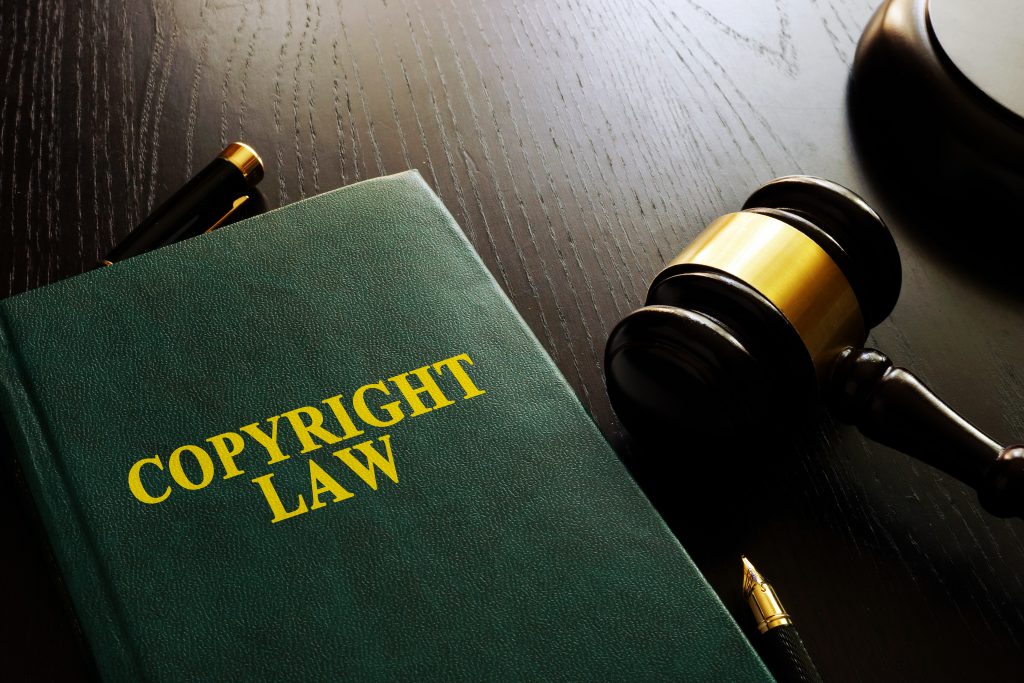Government’s changes to Singapore’s copyright law have far-reaching implications
January 24, 2019

In the latest ‘Ask: NUS Economists’ series in The Straits Times, Distinguished Professor Ivan Png (NUS Business School, NUS Department of Economics, and NUS Department of Information Systems and Analytics) highlights the business and economic implications of the Singapore government’s recent changes to its copyright law.
Prof Png first introduces the two proposed revisions to Singapore’s copyright law. As it stands, Singapore’s copyright law requires courts to weigh five factors in determining whether an infringing use is ‘fair use’. The fifth factor, introduced by the Singapore government, considers copying to be fair use if there was no possibility of obtaining the rights to use or adapt the original work ‘within a reasonable time at an ordinary commercial price’. The government has proposed to remove this factor as it has caused confusion. This may have implications for the distribution of copyright material and content creation on platforms such as Google Books and YouTube.
Secondly, the government plans to explicitly permit text and data mining of copyright material. Prof Png draws attention to a recent dispute between LinkedIn and hiQ Labs, where the latter was accused of collecting and analysing information from LinkedIn profiles for commercial purposes. He argues that the Singapore government’s proposals to legalise the use of copyright material for data analysis would help individual businesses avoid costly investments in legal action, especially since Singapore’s market is so small.
Prof Png thus concludes that sound implementation of these changes may stimulate entrepreneurship and innovation in relevant fields. However, he also recognises that the overall business and economic implications remain uncertain.
Read the article here.
